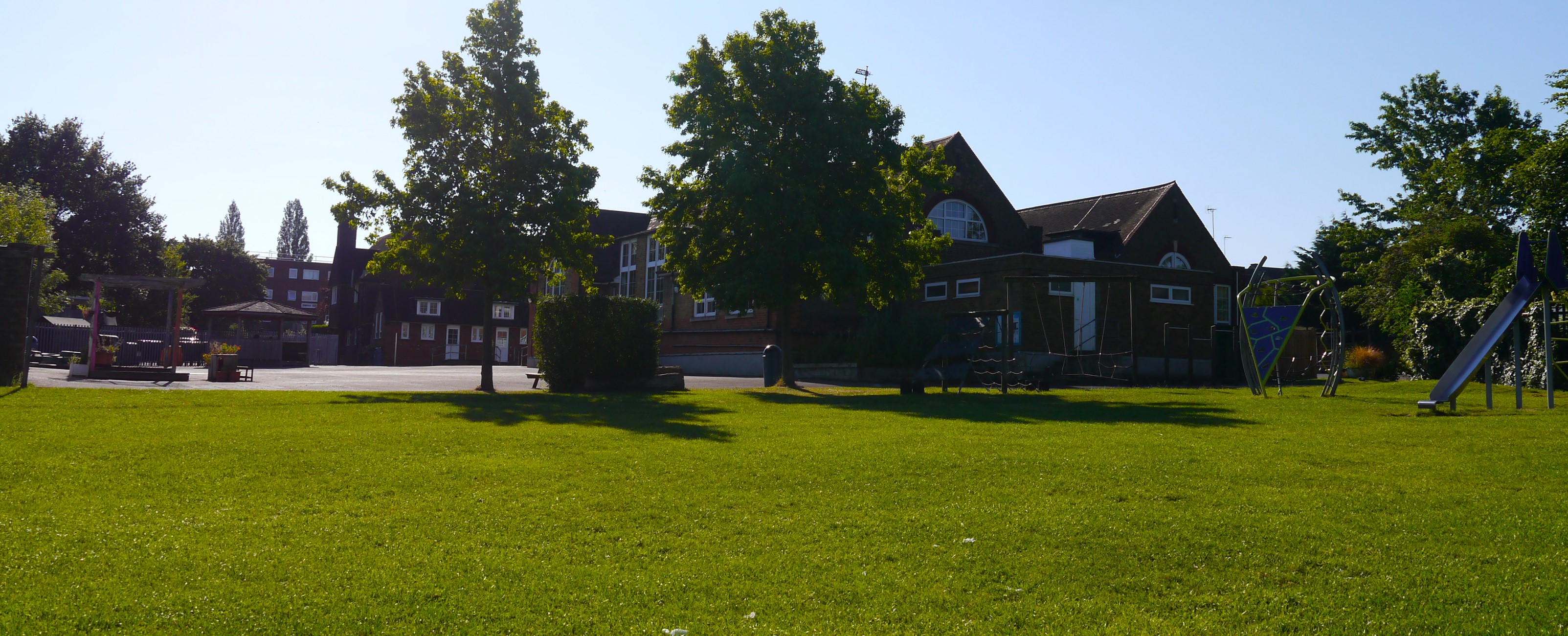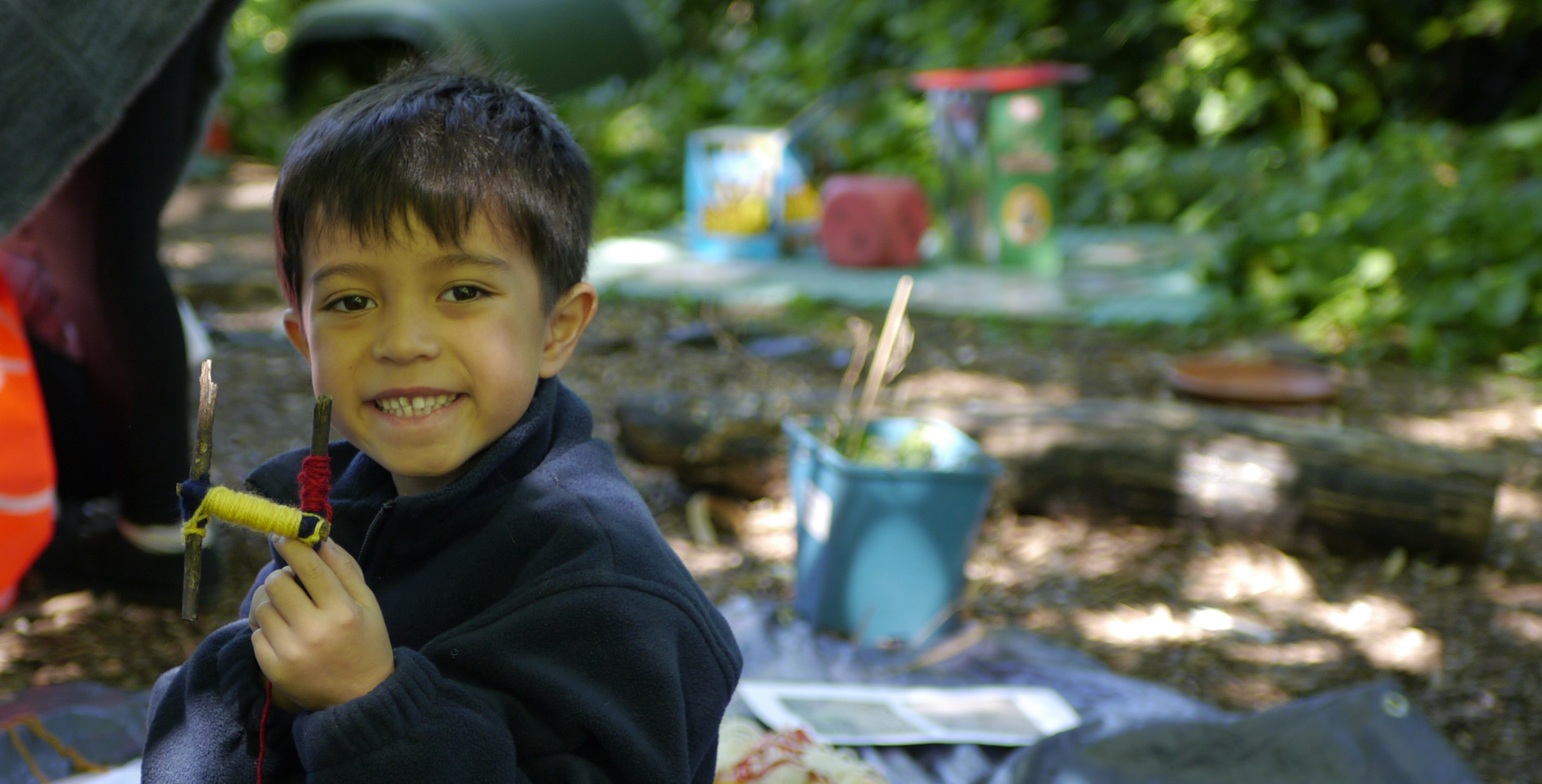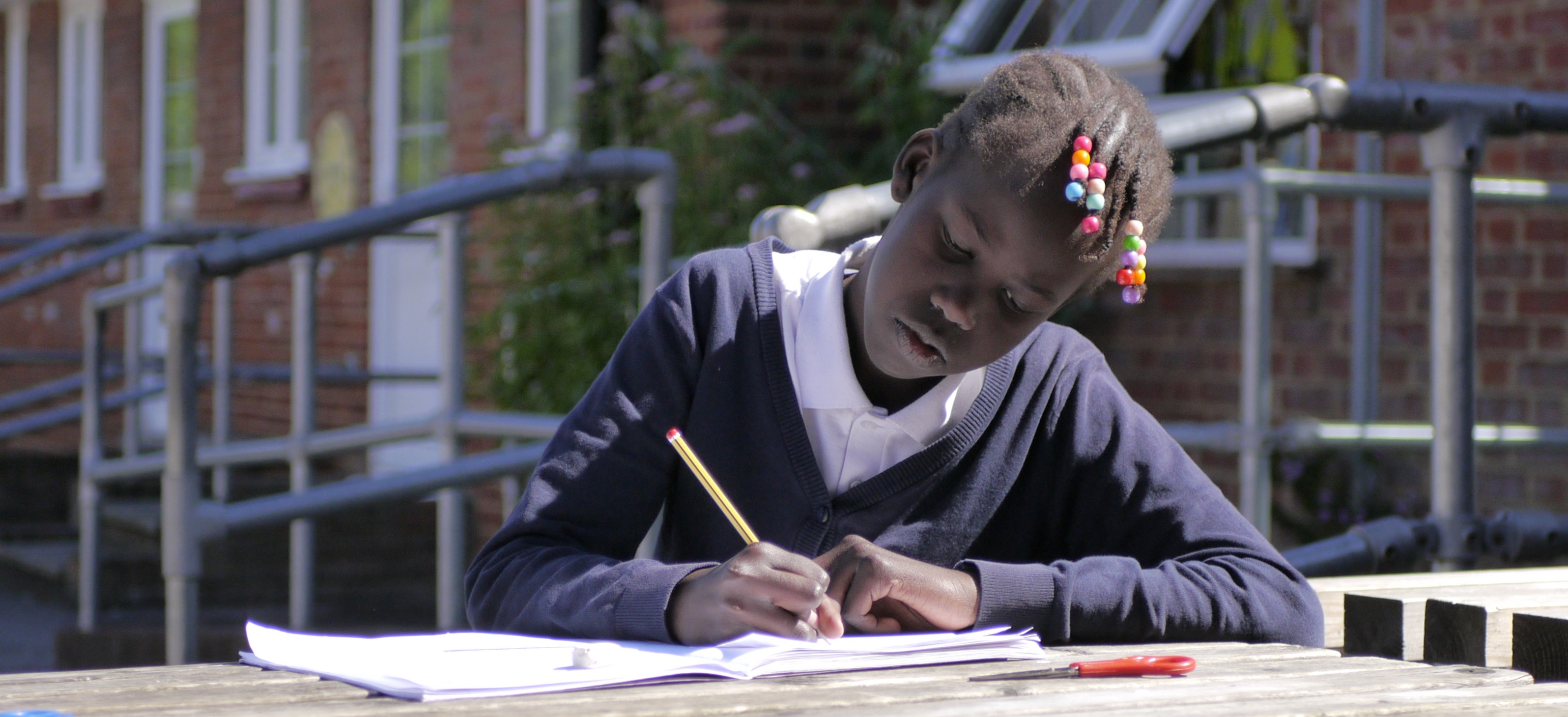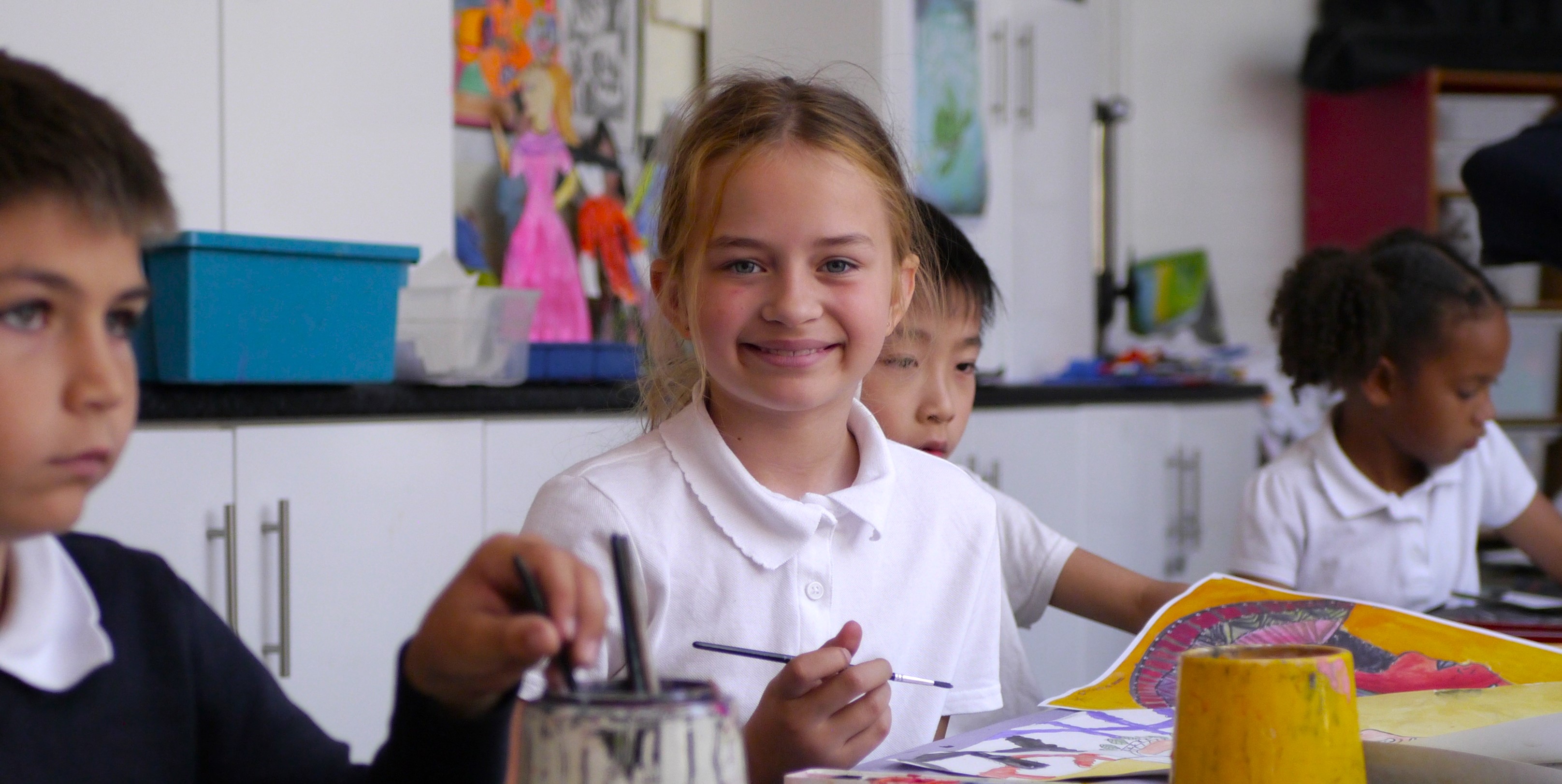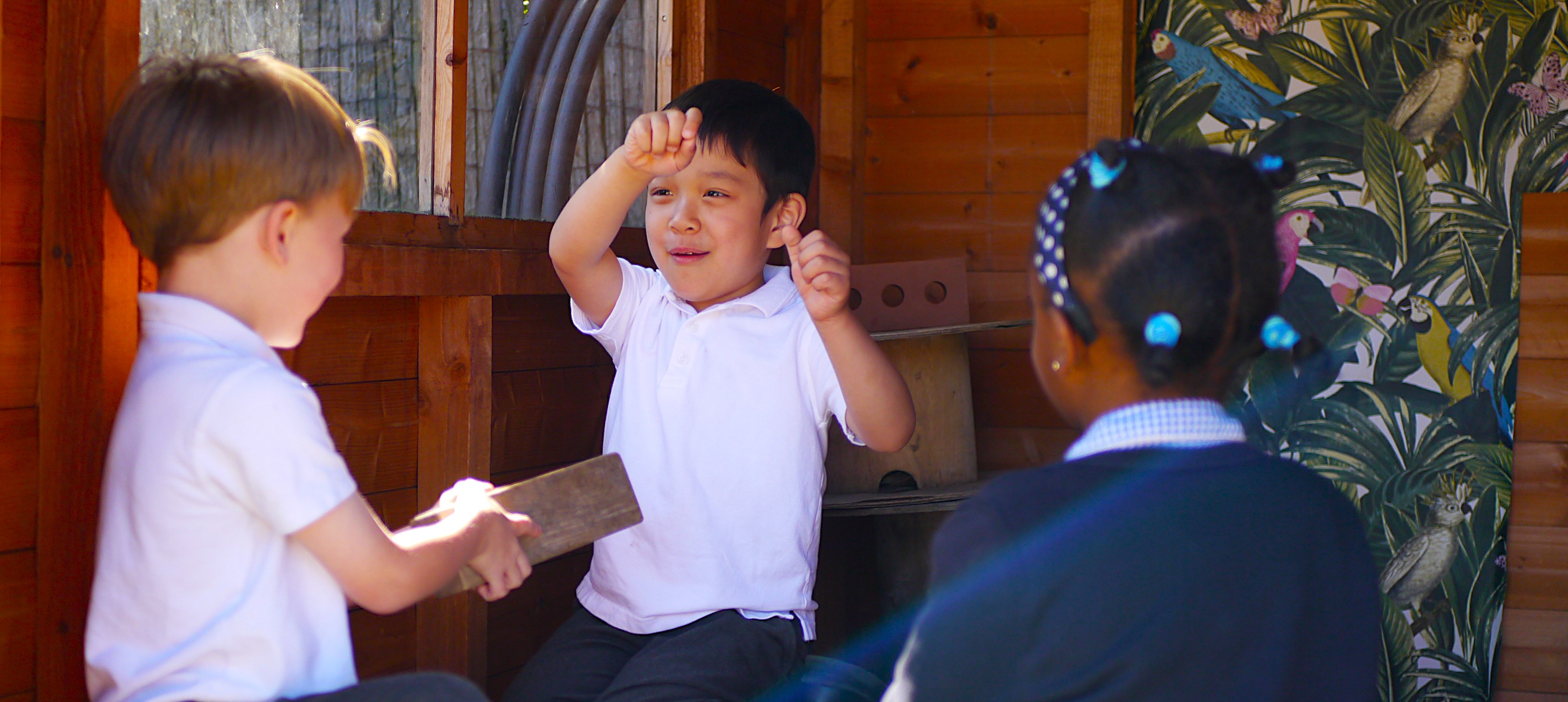Music
“A central purpose of good music education is for pupils to make more music, think more musically and consequently become more musical” OFSTED Subject Research Review
Intent
At Hollickwood, we believe that music is an essential and powerful part of our school curriculum and that all pupils, including those who are disadvantaged or SEND, should experience a full, broad and challenging music curriculum. This is because:
• Music has the ability to bring our community closer together.
• Music supports the emotional and mental wellbeing of our school community. It touches our hearts and minds. It is a source of joy and comfort for many people.
• Music is all around us and is a soundtrack to our lives.
• Music gives children the opportunity to explore, develop and live out our core values. For example, children learn the importance of commitment through learning an instrument and rehearsing for performances, and are given opportunities to be creative and express themselves through performance and composition.
• We know that without access to musical opportunities in school, some of our pupils would be excluded from full participation in musical activities. This would deny them the very many benefits of music, and the opportunity to nurture their talents.
• Some of our pupils may go on to develop a career in music.
• Music is woven into Britain’s national identity and has cultural and historical significance across the world. It is a common language that unites us.
Our music curriculum is designed with the aim that all children, including those with SEND:
• Develop strong subject specific knowledge and vocabulary that supports their musical fluency and understanding, and gives them the musical tools that they need for a lifetime of music-making and enjoyment.
• Compose music that is shared with an audience.
• Have the opportunity to learn a musical instrument over an extended period, with the chance to further progress with this instrument if they show particular aptitude.
• Have opportunities to progress and showcase their musical interests and talents.
• Engage with a range of enrichment opportunities to play and sing, to perform, create and experience live music, and have their music heard.
• Know that they are a musician, have ambitious targets set for them and feel proud of achieving these.
• Have an understanding of, and develop an appreciation of, the wide range of different genres of music and the cultural significance of music in Britain and beyond.
• Learn about a diverse range of individuals who have excelled and made significant contributions within the field of music including those who have done so in the face of adversity. Understand the impact that music has made on the lives of these individuals and relate this to their own.
• Use music to help them express their creativity and emotions, and to support good mental health and wellbeing.
Implementation
In line with the recommendations in the ‘Model Music Curriculum’, one hour of curriculum time is dedicated to music each week. In addition to the allocation stated below, it is expected that particularly in EYFS + KS1 there are opportunities for singing each day, and in all year groups that time is made each week to listen to and appreciate music.
Nursery –Daily activities based around a song + continuous provision.
Reception – One thirty minute music lesson per week + continuous provision.
KS1 – One forty minute music lesson per week plus 20 minutes singing assembly.
KS2 – One fifty minute music lesson per week plus 20 minutes singing assembly.
New vocabulary is explicitly taught, modelled and displayed, with the expectation that this is used accurately by adults and children. It is introduced at the beginning of each unit and then revisited at the start of each subsequent lesson.
Appropriate adaptations to curriculum, teaching and support must be made to allow access for all pupils. Class teachers should speak to the Music Subject Lead and/or SENDCO to support them to make appropriate adaptations.
It is expected that all pupils take full part in the music curriculum, and that expectations are high for all pupils and ambitious targets set for them.
Each new unit of work begins with a recap of the previous related knowledge from previous years. This helps children to retrieve what they have learnt in the earlier sequence of the programme of study, and ensures that new knowledge is taught in the context of previous learning to promote a shift in long term memory.
The progression overview documentation provides clear expected end points for each year group from Year 1-6 under the following headings:
• Improvising and Composing
• Singing and Playing
• Listening and Appraising
The expected end points for Nursery and Reception are set out in a separate document entitled ‘EYFS Progression in Music’. Assessment and Feedback
Every unit has clear learning outcomes intended to inform teaching. These are the expected end points for each unit. Teachers use these to assess whether children are achieving in line with expectation, where children require further support, and where children are working beyond or showing a particular aptitude.
Feedback is provided live and ‘in the moment’ as this has most impact. Children will be explicitly shown how they can improve. Teachers also use peer and self-assessment strategies encouraging children to suggest how they or their classmates might improve further.
Impact
As a result of our music curriculum our children:
• Leave us with a secure grounding in music fundamentals so that they are ready for the demands of the KS3 curriculum and beyond.
• Know how to play at least one tuned musical instrument.
• Develop a love for and appreciation of music.
• Know how music can contribute positively to their wellbeing.
• Discover their musical talents, and have opportunities to develop these further.
• Recognise and talk confidently about a wide range of different music genres and musicians/singers.
• Perform confidently, both solo and in ensembles, with an awareness of audience.
